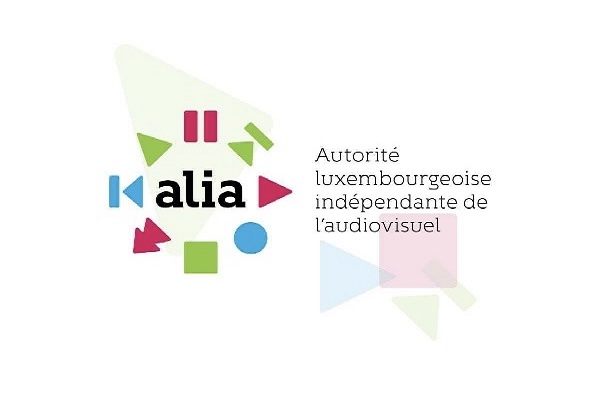
On Tuesday 8 July 2025, Luxembourg's independent audiovisual authority, ALIA, published its report detailing the media monitoring of the official campaign for the European elections held on 9 June 2024.
The study, which examined both the operations of the official campaign and the wider media environment, made several key observations and identified a number of future challenges in relation to regulatory frameworks, artificial intelligence (AI), EU regulations and resourcing. It is the third report produced by ALIA, with preceding reports covering the communal elections of 11 June 2023 and the legislative elections of 8 October 2023.
The top-level findings contained in the report were:
• limited regulatory framework: Regulation currently rests on guiding principles and applies solely to public service media (PSM) during the official campaign period. ALIA lacks jurisdiction over other channels - print, commercial media, digital platforms and social media - despite their widespread use by political parties;
• pervasive use of social media: All political parties employed social networks extensively, underscoring their central role in modern electoral communication;
• gender imbalance in broadcast media: Some television and radio shows featured unequal gender representation, indicating the need for better gender integration in future strategies;
• emerging AI risks: The rise of deepfakes and other artificial intelligence-related issues poses significant challenges to electoral integrity;
• limited impact of electoral agreements: These agreements had little effect on party practices outside ALIA’s regulatory remit.
The future challenges identified in the report were:
• legal frameworks must evolve: National law needs to adapt to today’s rapidly changing media landscape, particularly through the planned amendment of the Electronic Media Act of 27 July 1991;
• implementing EU regulations: ALIA must apply new EU laws, including the Digital Services Act (DSA), the Regulation on Political Advertising Transparency and Targeting, the European Media Freedom Act (EMFA) and the Artificial Intelligence Act (AI Act), which significantly broaden the regulator’s role;
• strengthening ALIA’s resources: To ensure effective oversight across all media formats - including social networks - ALIA requires expanded capacity and expertise.
The report also offered numerous findings and proposals aimed at reshaping future campaign oversight.
In terms of assessment and outlook, ALIA acknowledged the limitations of its current study, noting that a comprehensive analysis of media campaigns would require multidisciplinary political, sociological, legal and economic input - alongside enhanced focus on social media. While such a project exceeds ALIA’s present financial and human resources, the authority believed it had nonetheless gathered a robust dataset to yield valuable recommendations for forthcoming electoral media campaigns.
The reform proposals detailed in the report were:
- adopting technological neutrality;
- including the Internet within the regulatory purview;
- giving media literacy the attention it deserves;
- enhancing efforts against harmful content.
ALIA welcomed the Luxembourg government’s commitments in the 2023–2028 coalition agreement to overhaul electronic media regulation and reinforce ALIA’s competence but reiterated its stance that media oversight must encompass all audiovisual and online platforms, including social media and potentially print media, where it concerns paid political advertising or campaign programme uploads.
Moreover, the authority called for precise, law-based provisions to support regulatory monitoring during elections, along with strengthened media literacy programmes and the effective transposition of recent EU legislation to ensure harmonised and empowered national practice.








